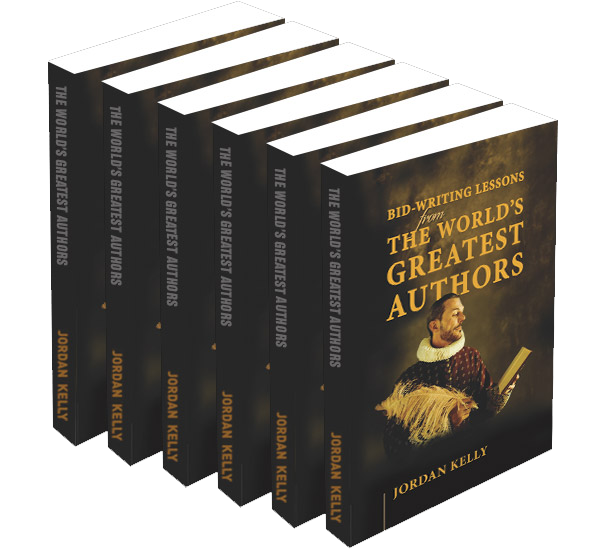CATEGORIES:

In the third and final Part of this series of recommendations on productivity, I’ll give you a window into how multiple-title non-fiction authors (of which I’m one) maintain a steady flow of published books (often while running some form of business in parallel and also "having a life").
Here are my final three tips on achieving writing “super-productivity”:
1) Invest in Axe-Sharpening Time
‘Give me six hours to chop down a tree and I will spend the first four sharpening the axe.’
– Abraham Lincoln
What is it you want your writing to achieve? What’s its macro-objective? What are the micro-objectives? Who is your target audience? What’s its current degree of knowledge on your topic? What’s its current mindset? Can that audience be categorised collectively? Do its members require more granular analysis?
These are just a very few of the questions to which a competent, efficient writer gives deep thought before putting pen to paper or fingers to keyboard.
Invest this time up front and you’ll write with greater clarity and greater speed. And you’ll spend less time re-writing.
2) Do Your Research Thoroughly
‘Resist the temptation to try to use dazzling style to conceal weakness of substance.’
– Stanley Schmidt
Why do so many Expression of Interest (EOI) and Request for Proposal (RFP) responses (by way of example) go through time-consuming re-write after re-write after re-write?
One of the biggest reasons after (1) above i.e. lack of planning and consequent lack of clarity - and closely related to that – is that a lack of research has resulted in a lot of waffle.
They read poorly. And that’s being kind.
They read poorly because they’re trying to smoke over a lack of solid facts and genuine insights.
Which, in turn, is due to a lack of research. Proper research. Real research. Meaningful research.
Think deeply about the facts, statistics and insights you would do well to be in possession of before you sit down to write, and when you do sit down . . . once you’ve organised those facts into a logical, flowing order, you’ll write like the wind.
3) Keep A Recording Device or Notepad Handy
‘The best time for planning a book is while you’re doing the dishes.’
– Agatha Christie (Best-selling author of all time, her murder mysteries and other works of crime-and-detective fiction having sold four billion copies in more than 100 languages.)
Those who genuinely think about what they write before they sit down to write it, know that thoughts on their intended subject matter can come to them anywhere, any time.
It’s tempting to tell yourself you’ll recall these thoughts later – especially when they come at logistically inconvenient times. The fact is, it’s rare that you will actually remember these valuable nuggets. So take the time to write them down, as and when they flow into your mind. You won’t regret it . . . but you will regret being unable to recall them when the time comes to put pen to paper or fingers to keyboard.
I often carry a little dictaphone (the type lawyers use) in my handbag. Likewise a small notepad. And when I’m hit by a bolt of brilliance I take the time to stop and record the full detail, rather than risk not being able to get the thread back later. A few keywords won’t do. If it was a thought worth recording, it was a thought worth not losing.
BID-WRITING LESSONS FROM THE WORLD'S GREATEST AUTHORS
(Book)
History’s literary greats have much to teach the writers of today. No-one, however, could benefit more from becoming a student of these masters of the written word than the commercial bid writer.
Their philosophies are enduring, and the principles that guided their work are as relevant to twenty-first century proposal professionals as they must have been to the disciples of their living years.

BID-WRITING LESSONS FROM THE WORLD'S GREATEST AUTHORS
(Six-Pack)
This illuminating (and fun) little read is an assembly of the enduring and pithily expressed wisdom of over 100 authors, strategists, philosophers and other accomplished figures.
It features 47 smart little lessons yours truly, on Research, Thinking & Strategy, on Writing, and on Editing, Re-Writing, Practice & Perfection – reinforcing the timeless advice of these sages.
Well worth putting one on the desk of everyone in your writing team.



